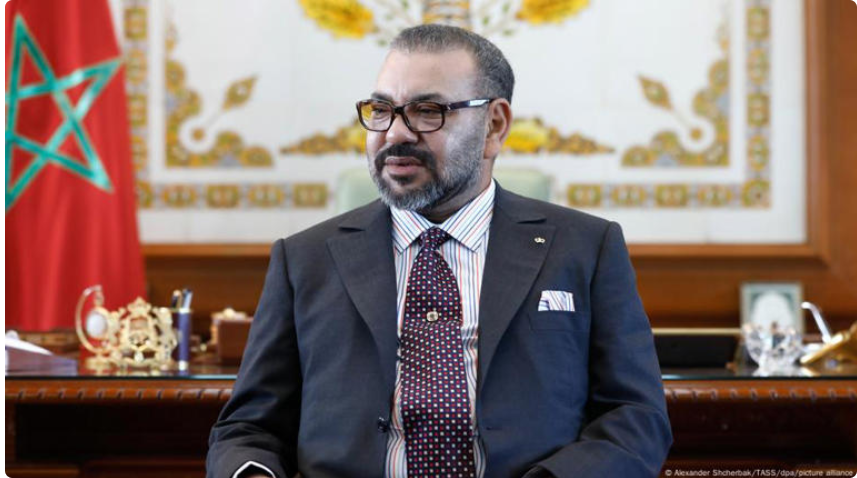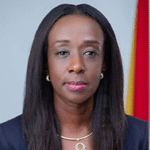By Mohamed Ghani
Rabat, Morocco – The United Kingdom has joined a growing number of European nations in signaling support for Morocco’s plan for the Western Sahara, a move that is likely to further isolate Algeria and the Polisario Front, the independence movement seeking a separate state in the disputed territory.
British Foreign Secretary David Lammy, speaking in Rabat earlier this week, described Morocco’s autonomy plan, first proposed in 2007, as the “most credible” and “most viable and pragmatic basis for a lasting resolution of the dispute.” This marks a significant departure from London’s previous support for a UN-backed referendum on the future of the Western Sahara, which the UN classifies as a ‘non-self-governing territory’.
Moroccan Foreign Minister Nasser Bourita hailed the UK’s change of course, stating that it “contributes significantly” to promoting the UN’s path to a “final and mutually acceptable solution.” Under its plan, Morocco proposes granting significant autonomy to the Western Sahara, while maintaining its sovereignty over the region.
The shift in position is anticipated to anger Algeria, Morocco’s regional rival and a staunch supporter of the Polisario Front. In a statement released on Sunday, Algeria dismissed Morocco’s proposal as “empty of content and incapable of contributing to a serious and credible settlement of the conflict.”
Despite the potential for diplomatic fallout, analysts suggest the UK is attempting a more nuanced approach than some other countries. Isabelle Werenfels, a Maghreb observer at the German Institute for International and Security Affairs, noted that “When Foreign Minister Lammy describes the Moroccan proposal as the ‘most credible solution,’ he is not saying that it is the only solution. Unlike France, the UK is holding back in its positioning and is showing flexibility.”
France, under President Emmanuel Macron, has taken a stronger stance, calling the Moroccan proposal the “only basis” for resolving the conflict, a move that has significantly strained relations with Algeria.
The trend of increased support for Morocco’s plan began under the Trump administration in the US, which recognized Morocco’s sovereignty over the Western Sahara in 2021. Spain followed suit in 2022, describing the autonomy plan as the “most serious, realistic and credible basis.”
The UN has long advocated for a referendum in which the inhabitants of the Western Sahara would decide between integration with Morocco and independence. However, this option appears to be losing ground as more countries endorse Morocco’s autonomy proposal.
The evolving international landscape is likely to further weaken Algeria’s position and diminish the influence of the Polisario Front. While Algeria has increased its economic importance as a gas supplier, this has not translated into significant increased support on the Western Sahara issue, even from its close allies Russia and China.
Werenfels noted that Algeria’s response to the UK’s shift was surprisingly muted compared to its reaction to Spain’s similar move, suggesting a recognition of the changing geopolitical dynamics.
Adding further weight to Morocco’s position, reports indicate that Kenya recently announced its support for Rabat’s autonomy plan, signaling growing endorsement across the African continent.









